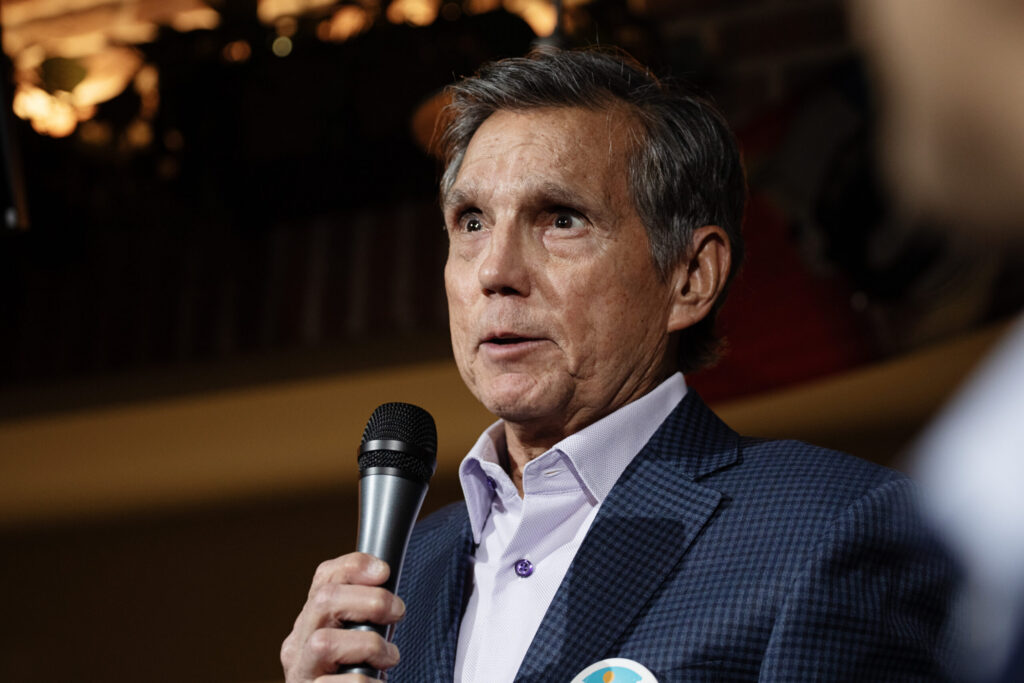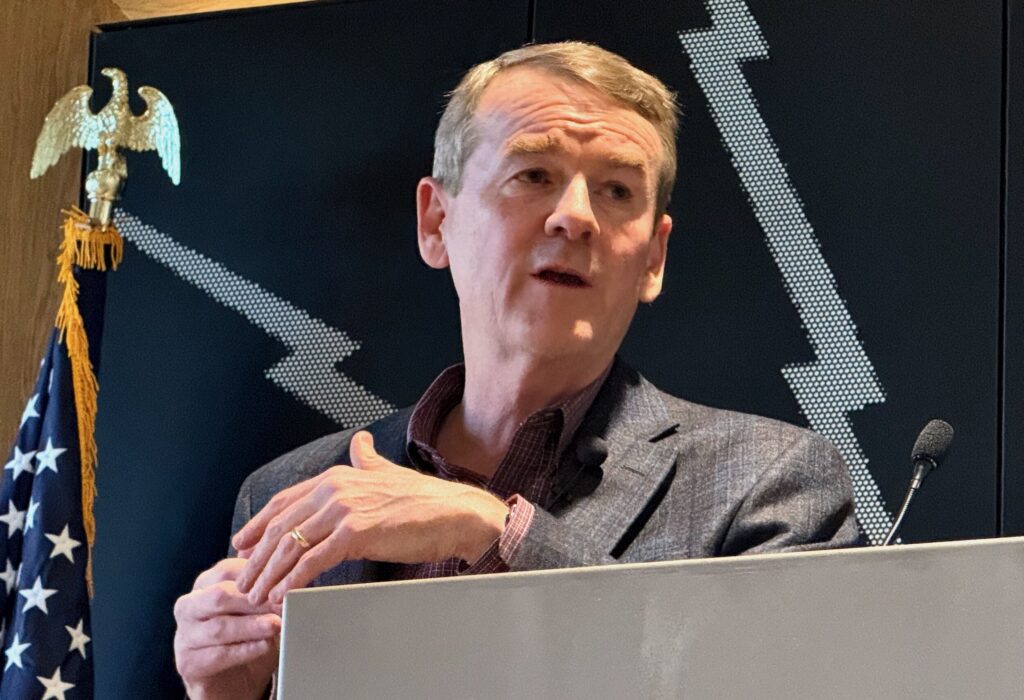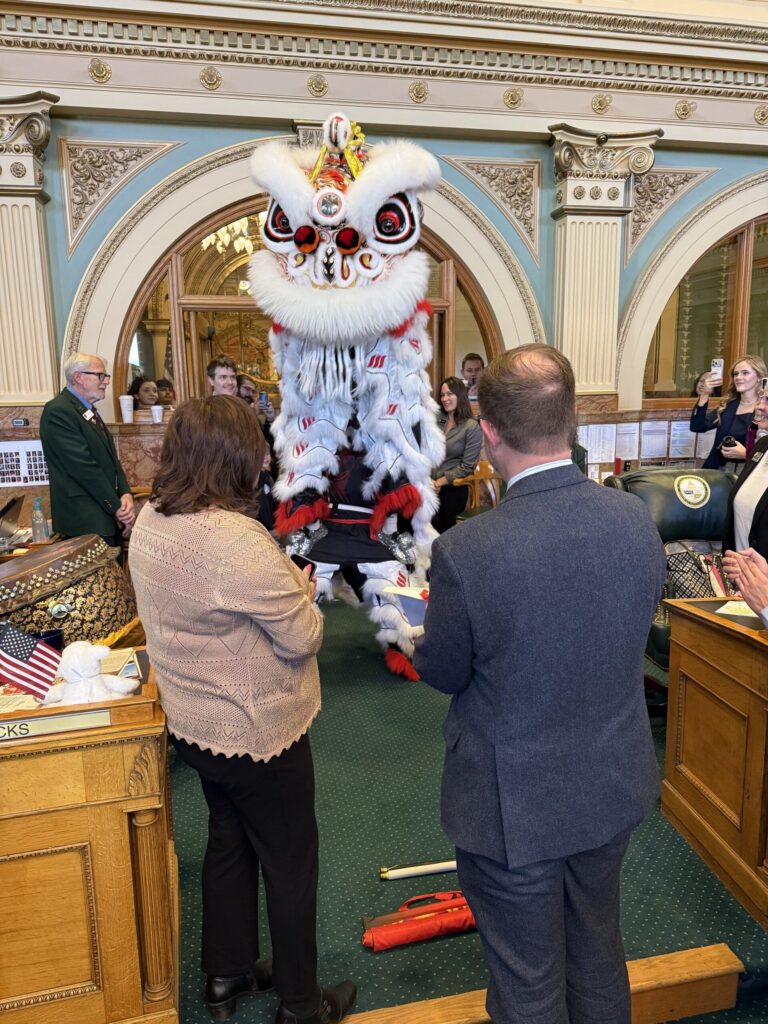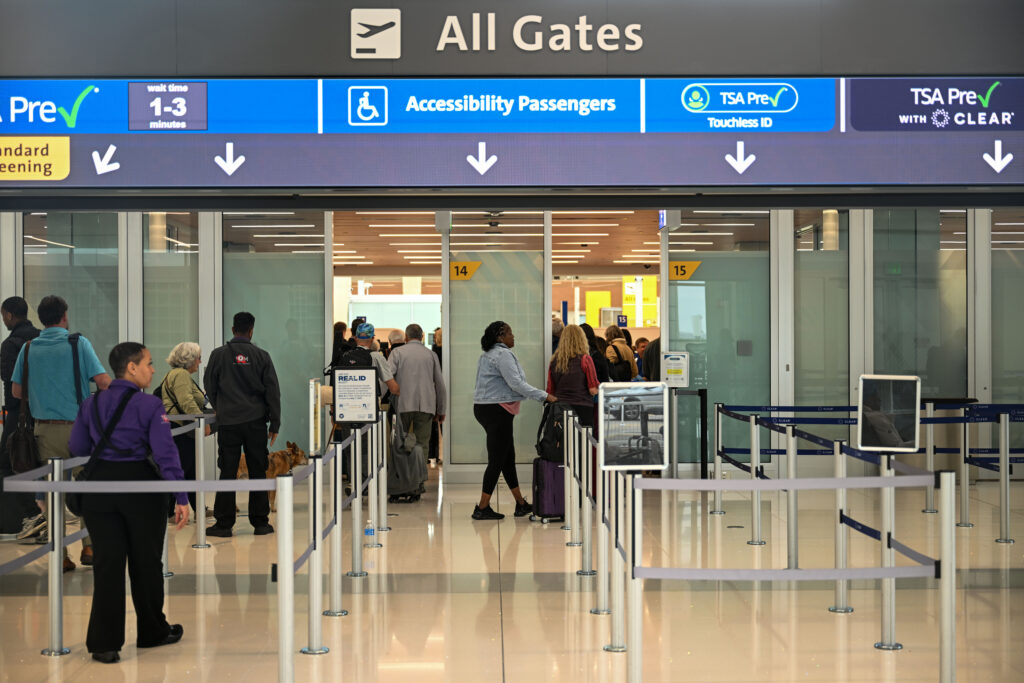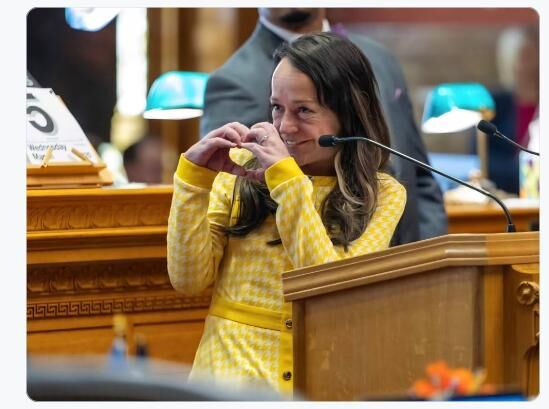Colorado Senate president ponders road ahead on transportation, Holbert says think local
Senate Majority Leader Chris Holbert had legislative researchers look this up: When was the last time the General Assembly voted on any specific road project?
The answer: 1899, a wagon road from Leadville to Pueblo using convicts.
The public perception these days, however, is that Capitol Dome is the end of the road when it comes to road funding and road building. But the way gas tax revenues are doled out and spent, the General Assembly is a side street, and maybe even a back alley.
There’s plenty of blame to go around for traffic jams, but the legislature seems to shoulder all of it.
State and local gas taxes flow directly to road departments, and decisions on how to spend those dollars rest with town and city councils, county commissions and regional transportation boards, not lawmakers, Holbert rightly pointed out to editors and reporters with Colorado Politics and the Colorado Springs Gazette Thursday.
You can’t blame the public for being confused. Lawmakers have fought to a near-standstill for years over putting more state tax dollars into transportation, or asking voters to raise sales or gas taxes. But Colorado’s system gives the power and money to local governments, not the legislature.
“I think if more people understand the level of control and the authority and decision-making that town and city councils and county commissioners have in Colorado, I think that’s helpful to the discussion,” said Holbert, a Republican from Parker.
“That means if a local community like Colorado Springs decides to increase taxes for transportation, that’s OK,” he offered as an example.
Holbert said a lot of people have come west from states where decisions are centralized at the legislature, but Colorado’s system has always honored local control, outside of that wagon road out of Leadville.
“Colorado Springs spoke clearly,” Holbert continued, referencing the 0.62 sales tax the city passed for transportation two years ago. “That was a good solution for Colorado Springs. To me that was less about conflict at the Capitol and more about local control, and a local perspective that was absolutely spot-on.”
Holbert concluded, “It’s not to say we’re washing our hands of it, but it’s a shared responsibility, and we (the legislature) don’t decide what gets done.”
Democrats, namely House Speaker Crisanta Duran of Denver, doesn’t see it that way. She’s told reporters and anyone else who would listen that one of the most critical reasons for a statewide transportation plan is so that rich, urban counties don’t fund their needs and leave behind poor counties that can’t.
One of the major problems – and traffic jams in the state – is the 17-mile gap between Monument and Castle Rock.
Holbert said Douglas and El Paso counties can move forward faster on the project than 100 legislators apparently can.
He saw some good news for transportation when Douglas County commissioners considered reallocating a portion of sales tax used for the county toward improvements on crowded I-25. Last week, however, commissioners voted 2-1 against referring the question to the ballot.
Depending on how you define budget money, the state general fund is only kicking in about $79 million from its $28 billion total for the state highway department’s $1.4 billion budget next year. The state is facing $20 billion in transportation needs to keep up with growth and long-neglected maintenance over the last 20 years, CDOT estimates.
Colorado Politics has reported extensively on the failure of two bills last session to raise $3.5 billion to try to catch up on high-profile projects. Instead, the legislature raised about $1 billion for interstates and other major projects, which depends on selling and leasing back state buildings then depending on money already in Colorado Department of Transportation’s budget.
As we told subscribers two weeks ago, it’s more accounting than funding.
“Pretty mellow” discussions are going on now about what to do next, from a legislative standpoint, Senate President Kevin Grantham of Canon City said Thursday.
“We still have a lot of work ahead of us, and most of the discussions are pretty low-key and low-level about where do we go from here,” he said.
Grantham acknowledged that Senate Republicans don’t want to ask voters to raise taxes and House Democrats won’t cut social programs to steer more budget money into transportation, the dynamics that have complicated funding for years.
“This is where we have to dial this back to that baseline discussion: What does this have to look like to get it through a Republican Senate and a Democrat House?” he said.
Editor’s note: This story was updated to correct that Holbert is the majority leader, not the minority leader, and he caught a some copy editing we missed.


